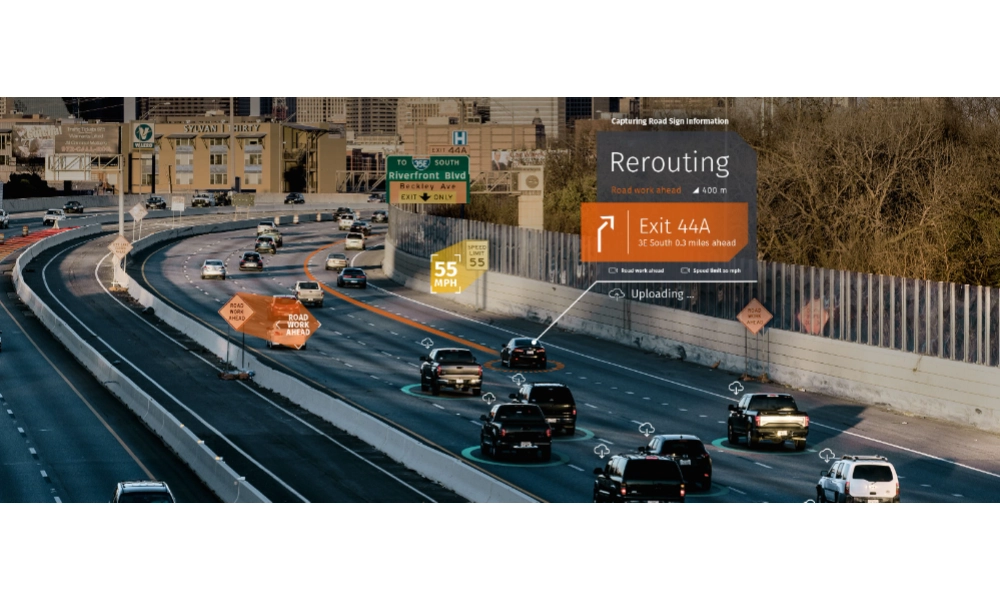¿Cómo pueden los localizadores GPS ayudar a las empresas de financiación de automóviles a reducir el riesgo?
Release time: 2025-07-17
vehicle GPS trackers play a crucial role in automotive finance companies by helping reduce various risks, especially in the process of vehicle loans and leasing. Specifically, here’s how rastreadores GPS para vehículos help automotive finance companies reduce risks:

1. Reducing Default Risk
Real-time tracking of defaulted vehicles: During the loan or lease process, vehicle GPS trackers can monitor the vehicle’s location in real-time. If a borrower or leaseholder misses payments or defaults, the finance company can quickly locate the vehicle and take necessary actions, such as repossession or disabling the vehicle.
Predicting high-risk behavior: By analyzing GPS data, automotive finance companies can identify potential default risks. For example, if a customer frequently changes the vehicle’s location or keeps the car in the same area for a long period, it may indicate an attempt to evade repayment, and the finance company can take action early.
2. Improving Asset Protection
Anti-theft function: vehicle GPS location trackers help finance companies monitor the vehicle in real time, preventing theft. If the vehicle is stolen or moved illegally, the GPS tracker can quickly provide the vehicle’s exact location, helping the police or company recover the stolen vehicle and minimize asset losses.
Remote immobilization feature: Many vehicle GPS trackers have a remote immobilization feature. If the vehicle is stolen or the borrower defaults, the finance company can remotely lock the vehicle’s ignition system, preventing the customer from continuing to use the vehicle, thus reducing the financial company’s exposure to risk.
3. Optimizing Risk Assessment
Tracking vehicle usage patterns: Finance companies can use vehicle GPS trackers to monitor customer driving behavior, including vehicle usage frequency and routes, helping assess the borrower’s credit risk and repayment ability. For example, if a customer’s driving behavior is unusually frequent or in remote areas, it may indicate that the customer is attempting to avoid responsibility.
Tailored repayment plans: Based on GPS data, finance companies can offer repayment plans that are adjusted to the customer’s usage patterns, such as mileage or time of use, improving the chances of loan repayment.
4. Improving Operational Efficiency
Lower management costs: By utilizing GPS trackers, finance companies can manage and allocate vehicles more effectively, reducing human errors and delays. For example, by using GPS systems, the company can accurately know the location and condition of each vehicle, allowing for more efficient coordination of vehicle maintenance, repossession, or redistribution, cutting unnecessary costs.
Improved default tracking efficiency: vehicle GPS trackers help finance companies recover defaulted vehicles more efficiently, avoiding the need for complicated legal procedures to locate and retrieve vehicles, thus reducing time and legal costs during repossession.
5. Supporting Insurance Partnerships
Insurance discounts: Some insurance companies may offer lower premiums for vehicles equipped with vehicle GPS trackers because they are considered more secure and less likely to be stolen. This not only reduces the overall costs for the finance company’s customers but also helps mitigate potential liability risks for the finance company in case of accidents.
6. Improving Default Management
Automatic immobilization and alarms: After a customer defaults, vehicle GPS trackers can be used to automatically lock the vehicle or trigger an alarm system, making the vehicle unusable and prompting the customer to quickly resolve the repayment situation with the finance company.
In summary, vehicle GPS trackers provide strong support for automotive finance companies by offering precise vehicle tracking, management, protection, and data analysis, which aids in reducing asset losses, improving risk assessment, and optimizing operational management.


